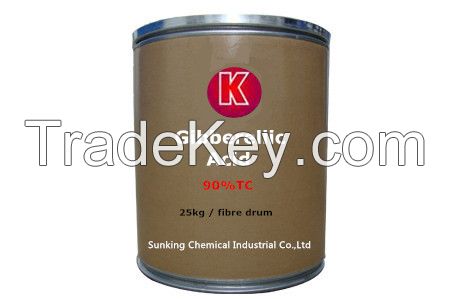
FOB Price
أحصل على آخر سعر|
Minimum Order
Place of Origin:
-
Price for Minimum Order:
-
Minimum Order Quantity:
-
Packaging Detail:
25kgs
Delivery Time:
-
Supplying Ability:
-
Payment Type:
T/T, L/C
الشخص الذي يمكن الاتصال به Xia
Mingshu Rd, Jiangshan Ind Zone, Yinzhou, Ningbo , China, Ningbo, Zhejiang